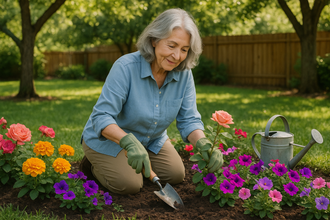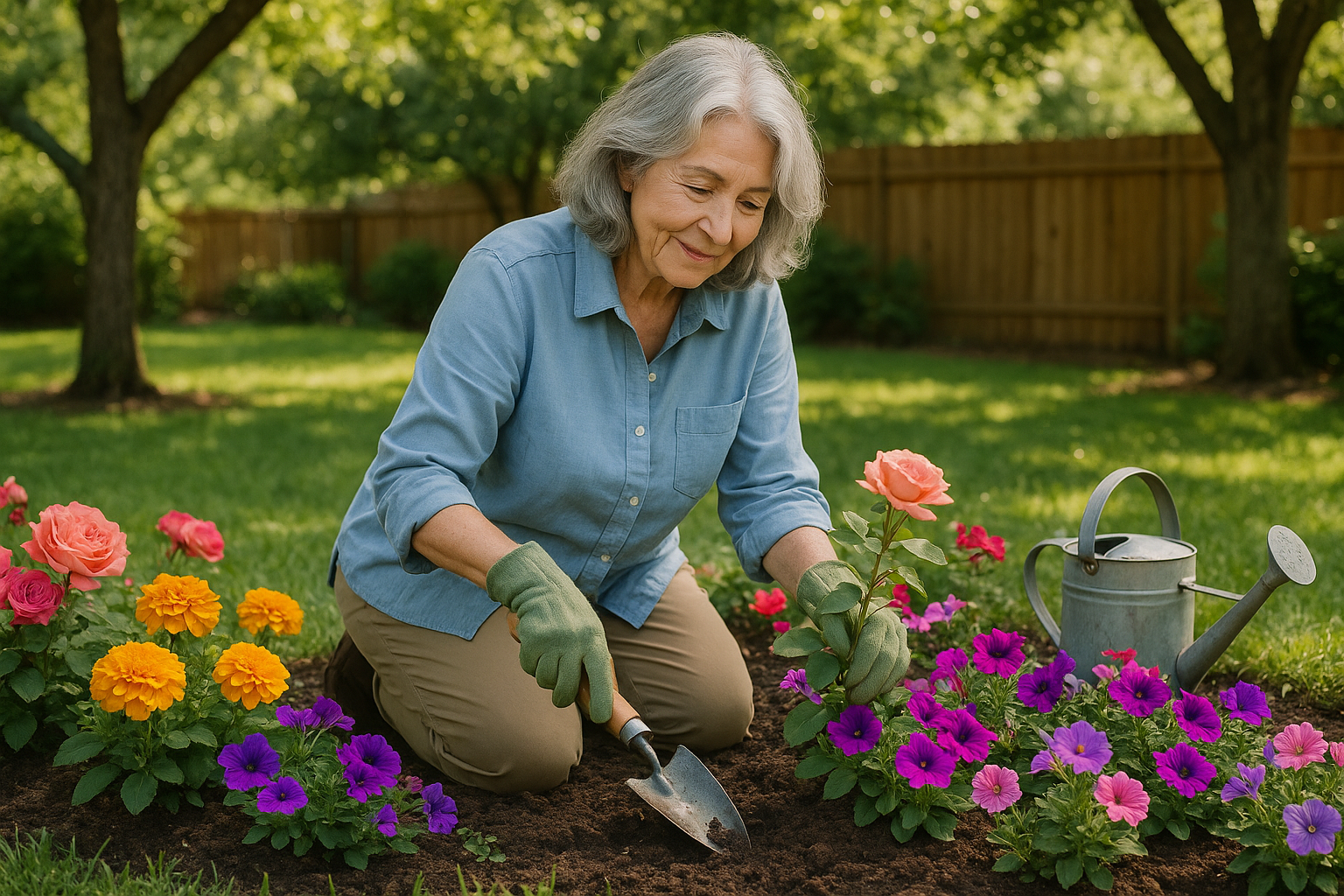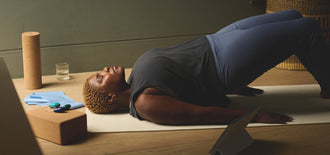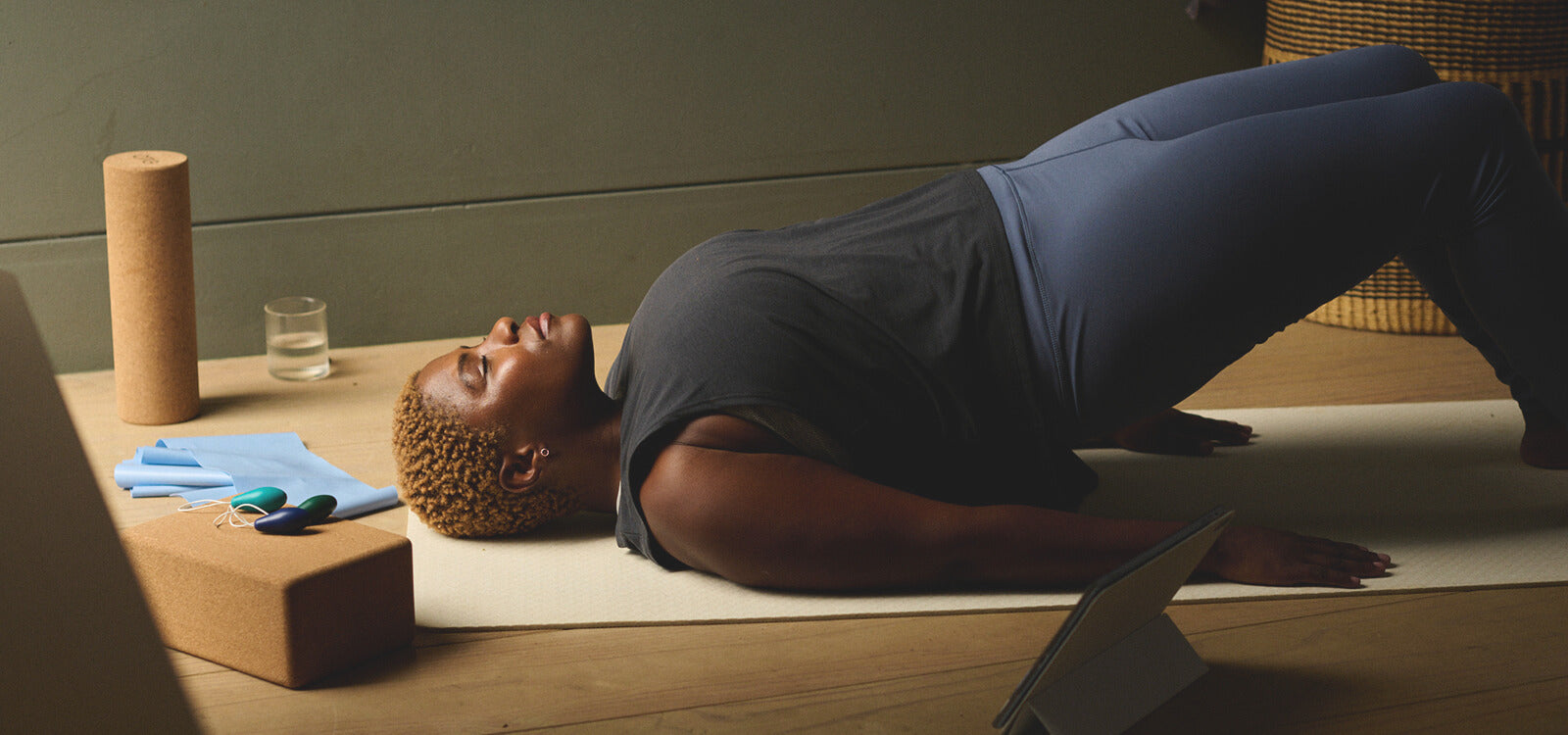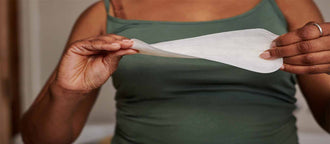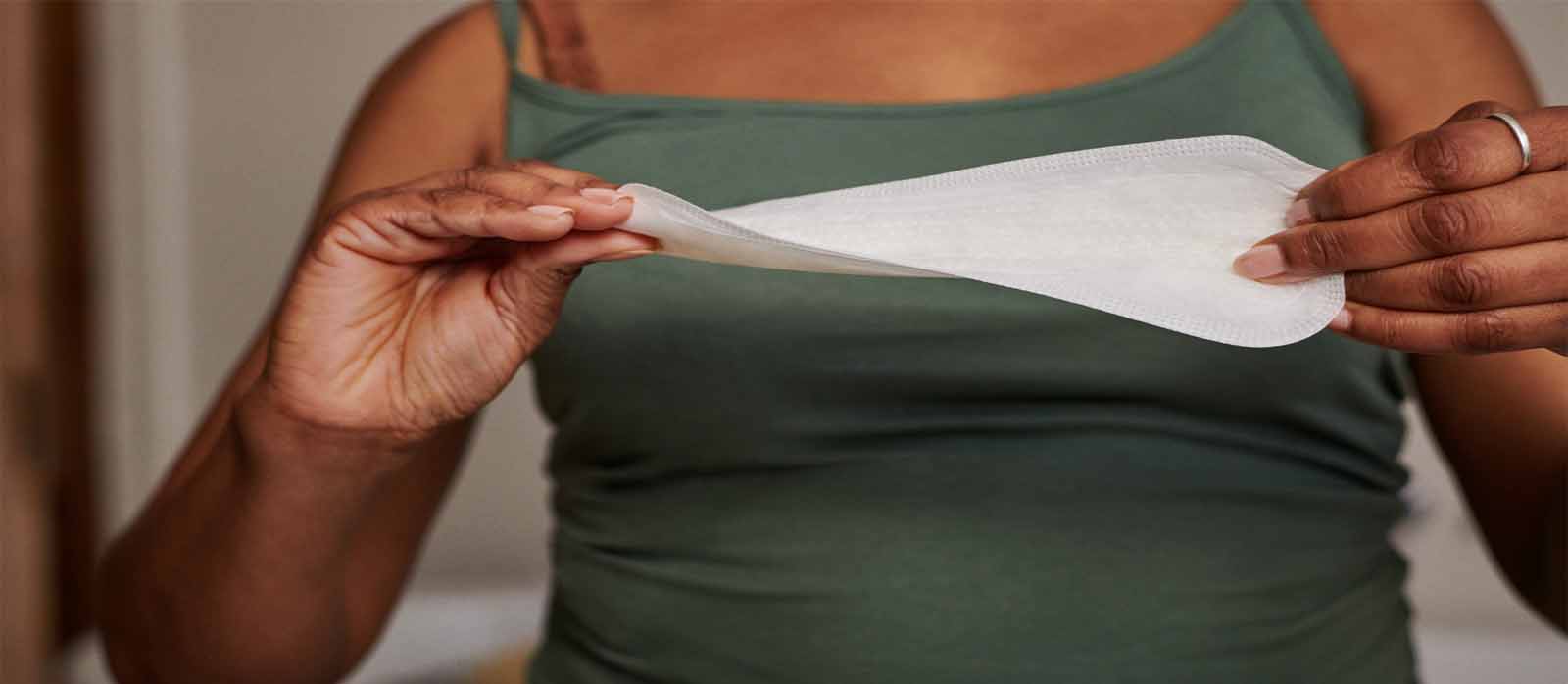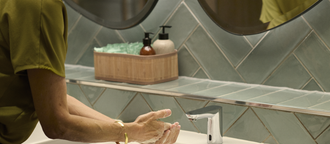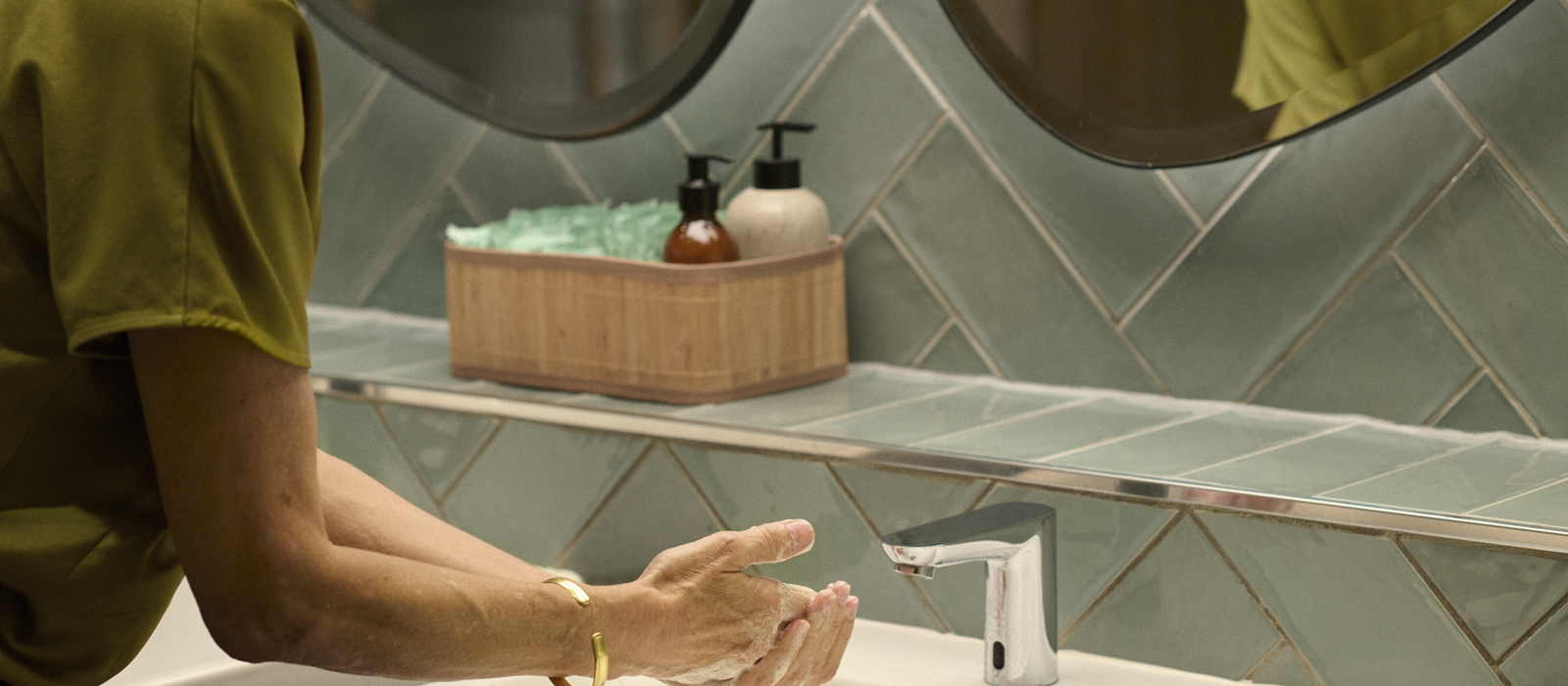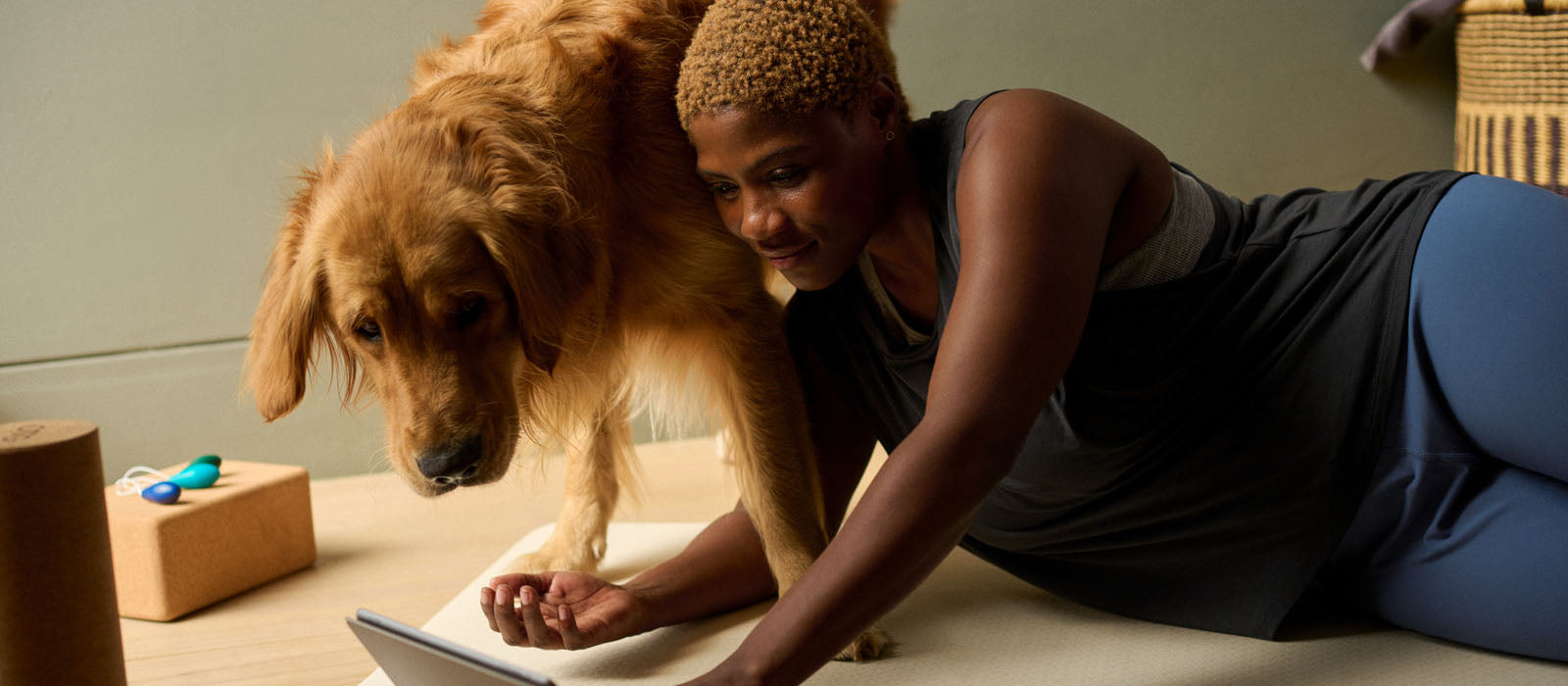Aug 06, 2025
We all know how important it is to get our daily nutrients, but did you know certain vitamins could affect your bladder health? In this article, we’ll explore how a holistic approach, including vitamins and supplements, can aid bladder control.
We’ll discuss what incontinence truly means, highlight specific vitamins that promote bladder health, and share practical home remedies and lifestyle changes to help improve urine control. Let's dive in and discover how to support your bladder health!
Understanding Incontinence
Incontinence is when you lose control of your bladder, leading to those unexpected moments of urine leakage.1 While it can feel a bit embarrassing, it’s quite common and can affect people of all ages, although it’s more prevalent in older adults.1 The good news is that you’re not alone, and there are plenty of ways to manage it.1
Types of Incontinence
There are a few types of incontinence, each with its own symptoms1:
- Stress Incontinence: This happens when physical activities—like sneezing, laughing, or exercising—put pressure on your bladder, causing some leakage.1
- Urge Incontinence: With this type, you get a sudden, strong urge to go, and sometimes you just can’t make it to the bathroom in time.1
- Overflow Incontinence: This occurs when your bladder doesn’t fully empty, leading to frequent dribbling or constant leakage.1
- Mixed Incontinence: As the name suggests, this is a mix of two or more types, often stress and urge incontinence. 1
Want to learn more? Explore Expert Advice on Types of Incontinence here:
- Understanding Urinary Incontinence in Adults
- What is Stress Incontinence?
- Overactive Bladder in Men: Symptoms, Causes, and Treatments
Causes and Risk Factors
So, what causes incontinence? There are quite a few factors at play1:
- Weak Pelvic Floor Muscles: If there’s a problem with your pelvic floor muscles, it can affect the function of your organs, including the bladder.1
- Menopause: Menopause is a period of significant change for a woman’s body, marked by rapid fluctuations in hormone levels, which can lead to weakened pelvic floor muscles—an issue that can also happen with aging.1
- Medications: Some meds like diuretics and antidepressants can have side effects that affect bladder control.1
- Lifestyle Factors: Things like caffeine, alcohol, and certain foods can irritate the bladder and make symptoms worse.1
Now, let’s talk about some risk factors:
- Age: The older you get, the more likely you are to experience incontinence.1
- Gender: Women are more susceptible to stress incontinence, often due to pregnancy and childbirth.1
- Obesity: Extra weight can put pressure on your bladder, increasing your risk of incontinence.1
- Medical Conditions: Chronic issues like strokes, Parkinson’s disease, or prostate problems can increase your risk of incontinence too.1
Understanding the ins and outs of incontinence is key to managing it effectively. By recognizing what it is and how it affects your body, you can take steps to improve your bladder health and feel more in control.
The Role of Vitamins in Bladder Health
Vitamins play a vital role in maintaining not just your overall health but can also help in treating or reducing the symptoms of urinary incontinence.2
Research supports the idea that vitamins can positively impact bladder function. For example, studies have shown that certain vitamin deficiencies, like a vitamin D deficiency, can contribute to the severity of urinary incontinence.3 Ensuring you get the right vitamins is a crucial step toward maintaining bladder health.
For more tips on managing bladder health, check out Essential Tips for Overactive Bladder Care
Key Vitamins for Incontinence
Magnesium Hydroxide
Magnesium hydroxide might help to reduce the spontaneous muscle contractions and spasms that cause urinary incontinence.4 This can reduce feelings of urgency and frequency when you need to go.
- Dietary Sources: You can find magnesium in foods that are high in fiber, like vegetables, nuts, seeds, and whole grains. Incorporating these into your meals can help boost your intake.5
- Supplementation: If you’re considering any supplements, it’s always a good idea to consult your healthcare provider first.4 They can guide you on the recommended daily allowances to ensure you’re getting the right amount.
Vitamin D
Vitamin D is essential for maintaining proper bone structure and helps to regulate calcium and phosphorus in the body.6 Something to keep in mind is that there is evidence that a deficiency in vitamin D can affect the impact of urinary incontinence on daily life.3
- Sources and Supplements: You can increase your vitamin D levels through sunlight exposure, dietary sources like fatty fish and fortified foods, or supplements.6 Just be sure to get your levels checked by a healthcare professional before taking supplements!
Vitamin B
B vitamins, particularly B12 is crucial for maintaining healthy nerve function.7
And severe vitamin B12 deficiency has been associated with incontinence.7
- Sources: You can find B vitamins in animal products like meats, eggs, and dairy products.7
- Supplement Advice: If you’re at risk for B vitamin deficiencies—like vegetarians or older adults7—it’s wise to consult with a healthcare provider about adding vitamins to your routine.
Alternative Supplements for Incontinence
While there are herbs and supplements that may offer some relief for overactive bladder (OAB), there is limited clinical evidence to fully support their effectiveness.4 Here's a look at a few:
Remember, before trying alternative remedies for OAB, consult your doctor to avoid potential side effects.8 And keep in mind that many alternative remedies lack thorough research, standardized dosing, and quality control.8
Home Remedies for Bladder Control
When it comes to managing bladder control, a few home remedies and practical solutions can help you regain confidence. Let’s look at some techniques and products that might make a big difference.
Incontinence Products
While you're working on improving bladder control, using incontinence products can offer peace of mind and comfort. TENA is a trusted brand that offers a range of absorbent products designed specifically for bladder leakage.
TENA products offer:
- Comfort and Discretion: Products are designed to be discreet, with soft materials that are gentle on the skin.
- Variety of Options: From liners to underwear, TENA has a product to suit different levels of incontinence.
- Odor Control: Products come with odor protection to help you feel fresh throughout the day.
Whether you're dealing with light bladder leakage or more severe incontinence, there are options to fit your needs. Plus, these products offer long-lasting protection so you can stay active without worry.
Bladder Training
Bladder training is a technique where you follow a set schedule to gradually increase the time between bathroom trips.8 Over time, this method can boost your bladder's capacity and help you gain more control.8 Bladder training also works well alongside Kegel exercises, and be patient—it takes time, but the results can be worth it.8
Read > Bladder Training, Techniques, and Treatment
Pelvic Floor Exercises
Strengthening your pelvic floor muscles with Kegels can significantly improve bladder control and reduce leakage.8 Need Help? If you’re unsure where to start, consider consulting a pelvic floor physical therapist for guidance.8
Read > Fight Urinary Leaks with Pelvic Floor Exercises
Dietary Changes
Some foods and drinks, like caffeine, alcohol, spicy dishes, and citrus fruits, can irritate the bladder.8 To figure out which foods or drinks might be bothering your bladder, start by cutting them out of your diet for a bit.8 Then, after a few days, slowly bring them back one at a time every two to three days. If you notice that a particular item makes your symptoms worse, it’s best to say goodbye to that one for good!8
Read > What to Eat and Drink for Bladder and Kidney Health
Empower Your Bladder Health: Take Control with Vitamins and Lifestyle Changes
Caring for your bladder health doesn’t have to be overwhelming. By learning what affects bladder control and finding simple ways to improve it, you’re already on the right path!
Adding vitamins like magnesium, vitamin D, and B12 to your diet can support your bladder, and small lifestyle changes—like Kegel exercises or cutting back on bladder-irritating foods—can make a big difference.
Remember, it’s all about gradual steps, not an overnight fix. So, as you incorporate these tips, celebrate every bit of progress. With the right approach and a bit of patience, you’re setting yourself up for a more comfortable, confident day-to-day.
References
1. Cleveland Clinic. ‘Urinary Incontinence’. 2020. Available from: https://my.clevelandclinic.org/health/diseases/17596-urinary-incontinence
2. WebMD. ‘Vitamins by Condition’. 2018 Available from: https://www.webmd.com/vitamins/condition-2048/urinary-incontinence
3. NIH. ‘The effect of vitamin D on urgent urinary incontinence in postmenopausal women’. 2023. Available from: https://pubmed.ncbi.nlm.nih.gov/36826518/
4. Healthline. ‘Alternative Treatments for an Overactive Bladder’. 2022. Available from: https://www.healthline.com/health/overactive-bladder-alternative-treatments
5. WebMD. ‘Magnesium - Uses, Side Effects, and More’. 2024. Available from: https://www.webmd.com/vitamins/ai/ingredientmono-998/magnesium
6. WebMD. ‘Vitamin D - Uses, Side Effects, and More’. 2024. Available from https://www.webmd.com/vitamins/ai/ingredientmono-929/vitamin-d
7. Harvard Health. ‘Vitamin B12 deficiency can be sneaky and harmful’. 2022. Available from: https://www.health.harvard.edu/blog/vitamin-b12-deficiency-can-be-sneaky-harmful-201301105780
8. Healthline. ‘What Home Remedies Work for an Overactive Bladder?’. 2023. Available from: https://www.healthline.com/health/overactive-bladder/home-remedies














